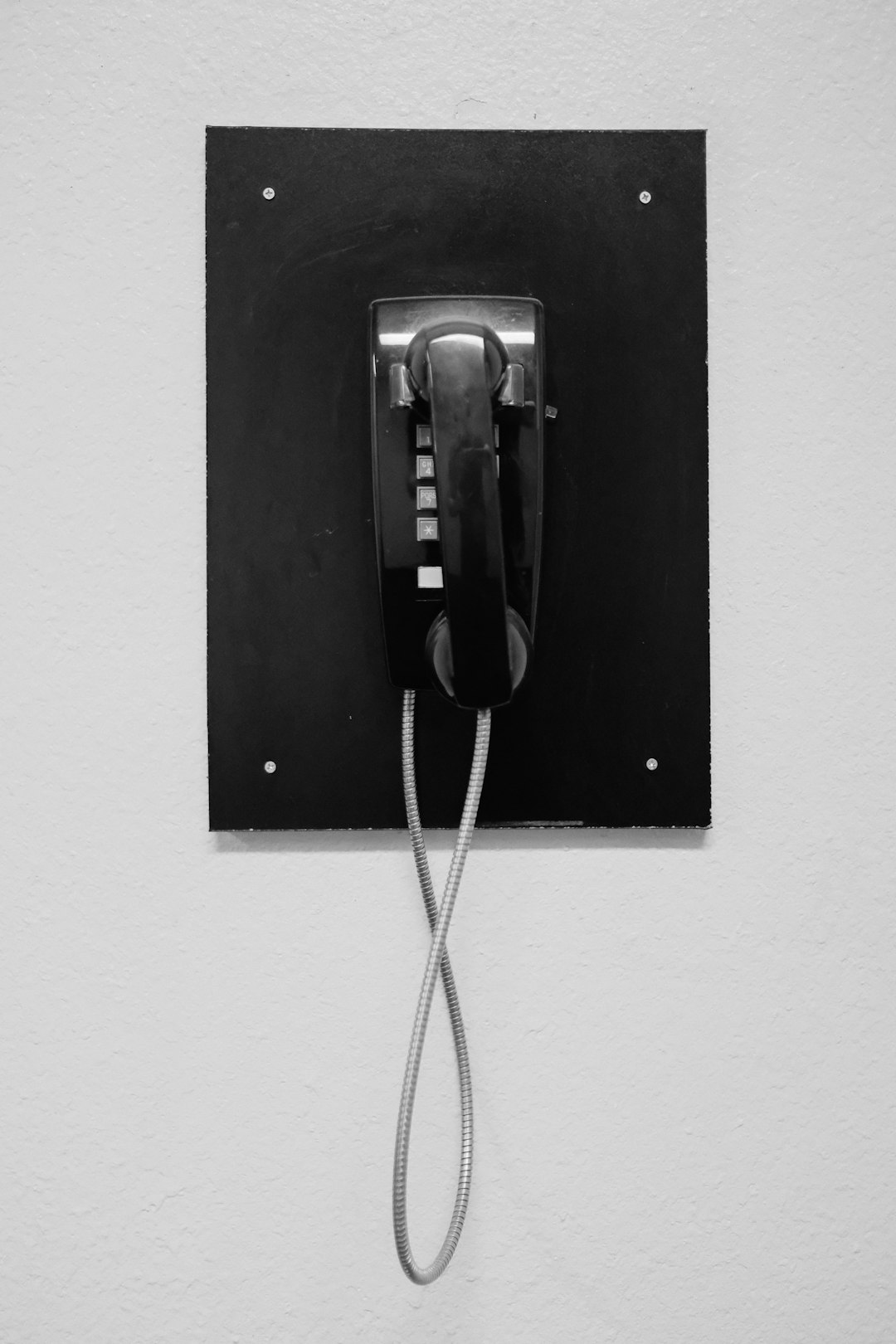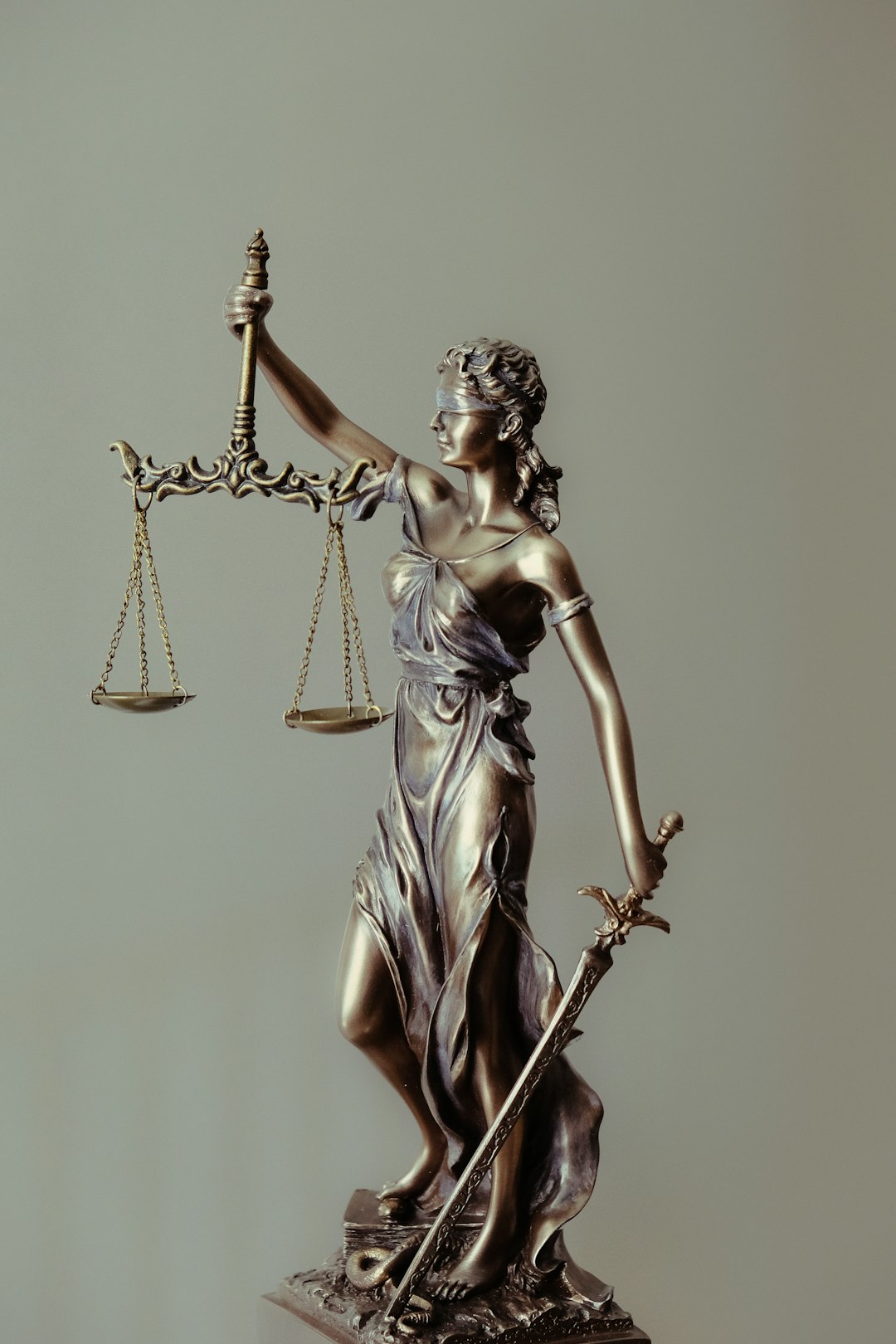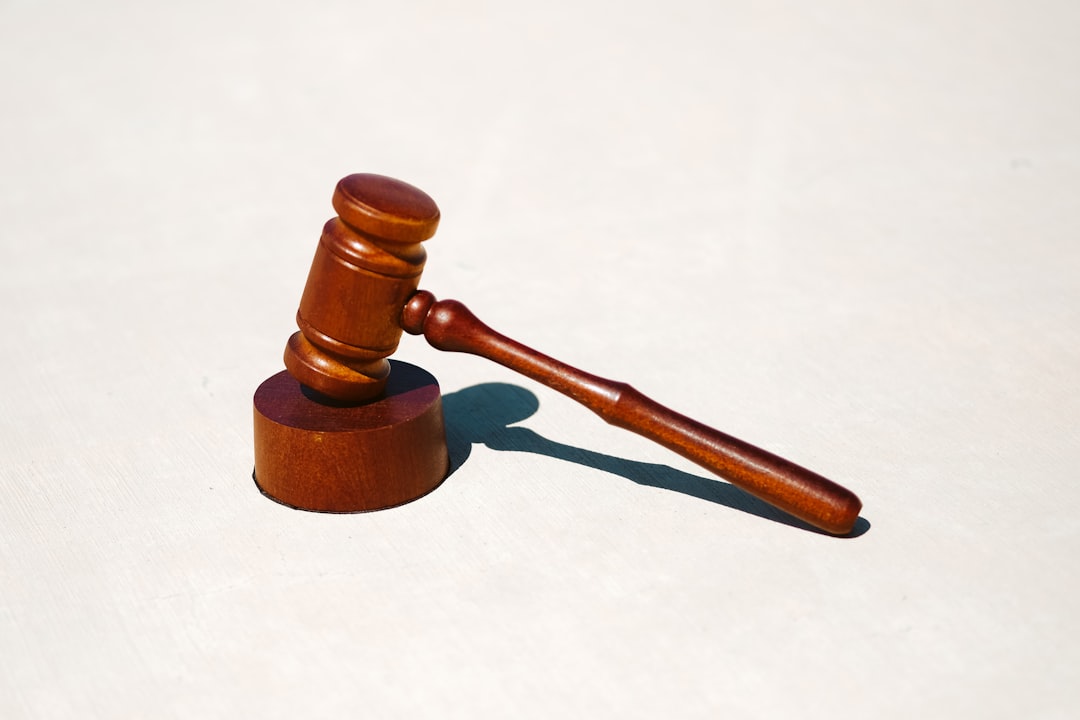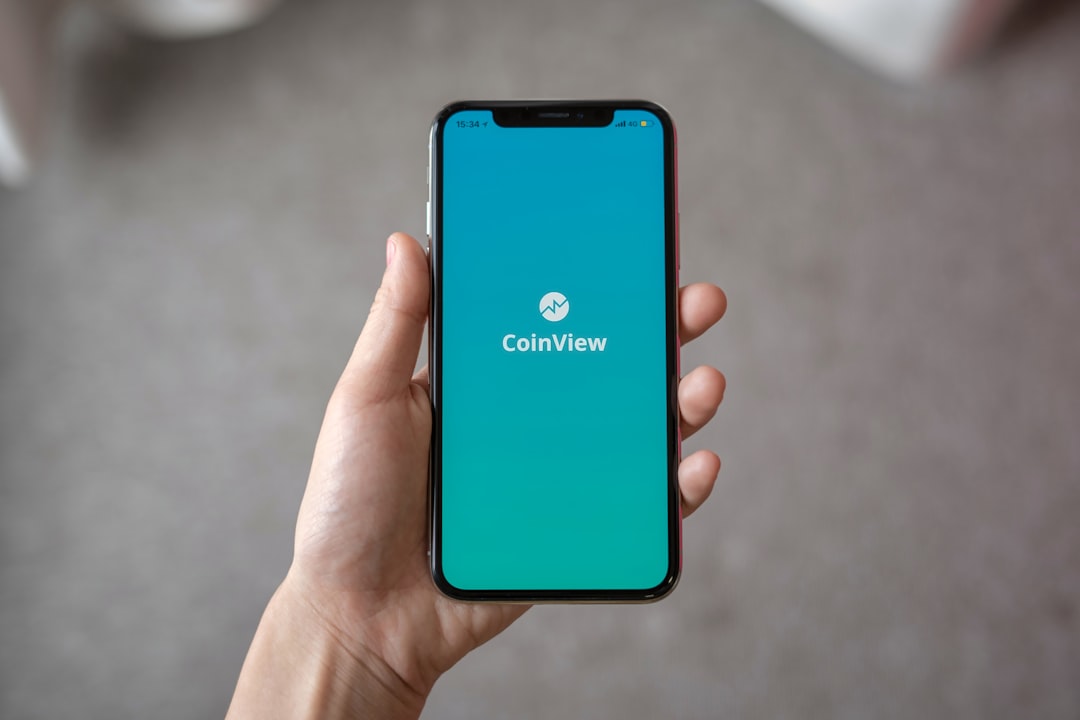Caller ID spoofing, a growing problem in Kentucky, undermines Do Not Call laws and causes consumer confusion. Individuals and businesses facing spoofed calls should consult a lawyer for Do Not Call Laws in Kentucky to understand their rights and available legal action against perpetrators.
In today’s digital age, a common yet concerning threat to Kentucky residents is caller ID spoofing. This deceptive practice involves manipulating phone numbers to disguise the identity of the caller. As a result, Kentuckians may face distress and uncertainty from unknown sources. This article aims to demystify caller ID spoofing, highlighting its impact on local citizens and exploring legal avenues for relief through Kentucky’s Do Not Call laws. Understanding these protections is crucial, especially when considering hiring a lawyer specializing in Do Not Call Laws in Kentucky.
What is Caller ID Spoofing?

Caller ID spoofing is a deceptive practice where individuals or entities falsify the information displayed on a caller’s ID, often with the intent to mislead or manipulate recipients. This technique involves manipulating phone networks to display false numbers or even entirely fabricated identities when a call is made. In Kentucky, where strict Do Not Call Laws are in place, this issue takes on added significance.
When a caller spoofs their ID, it can be difficult for recipients to verify the legitimacy of the call, potentially leading to misunderstandings and legal complications. For instance, a spammer might use a fake number registered to a local business, tricking residents into answering calls that would otherwise be ignored due to Kentucky’s Do Not Call regulations. This not only annoys and concerns citizens but can also pose risks to their privacy and security. Engaging the services of a lawyer specializing in Do Not Call laws in Kentucky can help individuals and businesses protect themselves from such deceptive practices.
How Does It Impact Kentucky Residents?

Kentucky residents, like many across the country, rely on caller ID to screen and manage their phone calls. However, with the rise of caller ID spoofing, this technology has become less reliable. Spoofing involves manipulating caller ID information to display false numbers, often with malicious intent. This practice can lead to increased stress and anxiety for Kentucky citizens, as they may be unsure whether to answer calls from unknown numbers, potentially missing legitimate business or family communications in the process.
Moreover, it creates challenges for law enforcement and legal professionals working within Kentucky’s Do Not Call Laws. With spoofing, tracking and prosecuting these activities become more difficult, making it harder to protect consumers from deceptive practices. As such, those facing caller ID spoofing issues may benefit from consulting a lawyer specializing in Do Not Call Laws in Kentucky to understand their rights and available legal options.
Legal Recourse: Do Not Call Laws in Kentucky

In Kentucky, caller ID spoofing is a growing concern with significant legal implications. While federal laws like the Telephone Consumer Protection Act (TCPA) offer protections against unauthorized calls, state-specific Do Not Call Laws further reinforce these rights. If you’re a resident of Kentucky and have been a victim of spoofed calls, knowing your rights is crucial. Engaging the services of a lawyer specializing in Do Not Call Laws in Kentucky can help you navigate the legal process and seek compensation for any harassment or inconvenience caused by spoofed caller ID information.
These state laws provide citizens with the right to register their phone numbers on the “Do Not Call” list, restricting unsolicited calls from telemarketers and other businesses. However, when these rules are violated due to spoofing, individuals can file complaints with the Kentucky Attorney General’s Office. A lawyer experienced in Kentucky’s Do Not Call Laws can assist you in understanding your options, filing a formal complaint, and potentially pursuing legal action against those responsible for the spoofed calls.






